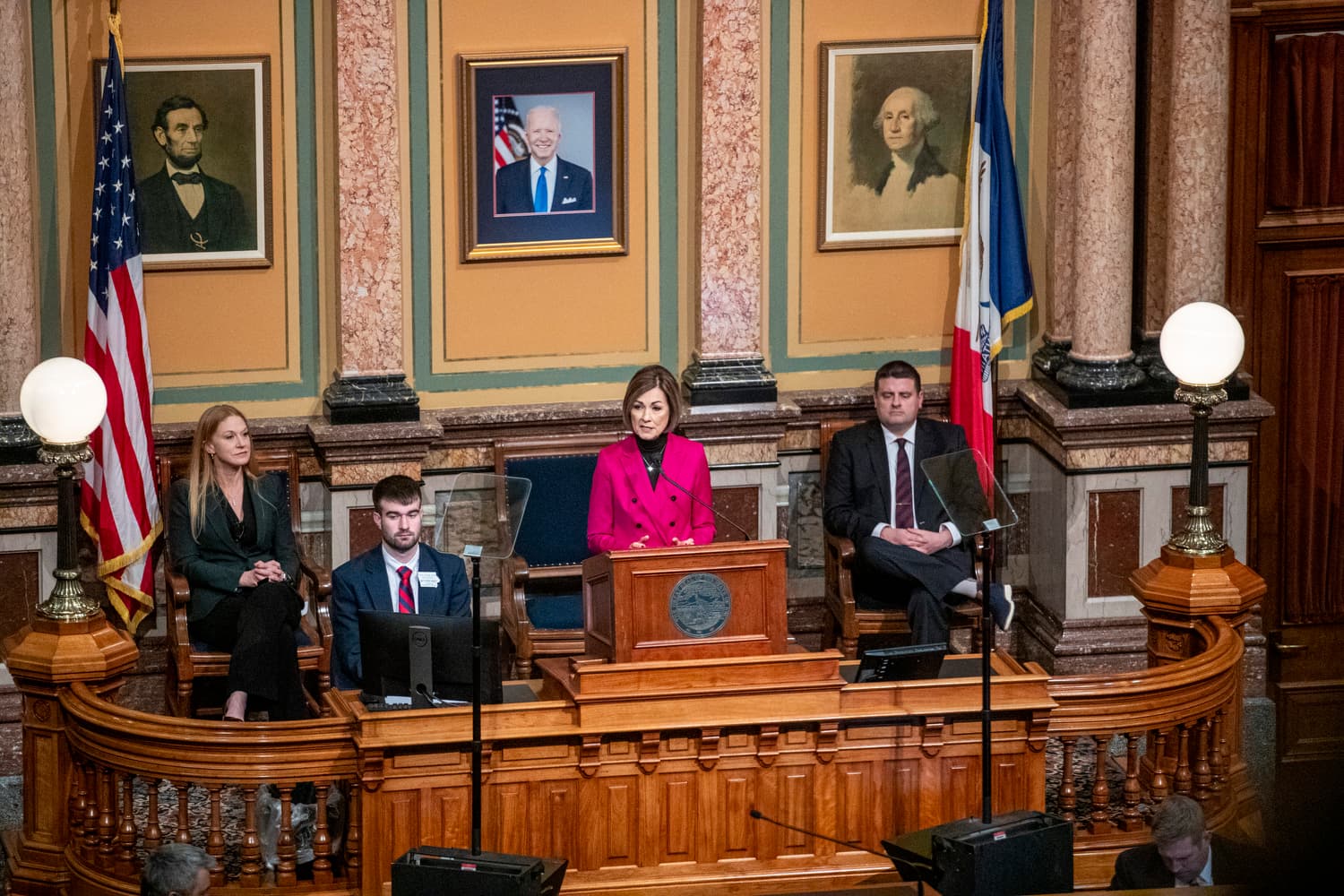U.S. Warns Allies About Chinese State Bank Loans, Yet Leads in Receipts
A new Associated Press analysis published by ABC News finds China has funneled billions in hidden loans to U.S. companies over the past quarter century, a striking contradiction to Washingtons public warnings to other capitals. The revelations sharpen debate over national security, financial transparency, and the limits of global economic engagement at a time of intensifying rivalry with Beijing.

The United States has spent years urging allies to avoid loans from Chinese state owned banks, yet a new analysis shows it has been the largest single recipient of such financing. The Associated Press investigation, carried by ABC News on November 18, 2025, finds China channeled billions of dollars in opaque lending to U.S. companies over roughly 25 years, including funds that supported industries central to national security.
The disconnect between policy posture and economic reality has unsettled policymakers and national security experts in Washington. The report describes a pattern in which state owned Chinese institutions provided capital through complex structures that obscured the true origin of funds, enabling investment in advanced manufacturing, energy infrastructure, and technology firms that underpin critical supply chains.
Former White House investment adviser William Henagan warned of strategic consequences, saying, "China was playing chess while the rest of us were playing checkers," and expressing concern that hidden lending has given China leverage over technologies essential to economic endurance. "Wars will be won or lost based on whether you can control products critical to running an economy" he added.
The revelation adds pressure to an already heated debate over how to balance openness to foreign investment with the imperative to protect sensitive capabilities. Since the late 2010s, U.S. authorities have strengthened screening mechanisms, expanding the Committee on Foreign Investment in the United States to review transactions that could affect critical technologies and infrastructure. Yet those tools can be challenged by sophisticated use of intermediaries and legal structures that mask the presence of state backing.
At the same time, Washingtons posture is complicated by political and economic factors. The U.S. continues to welcome most foreign capital, and President Donald Trump has actively sought to attract investment globally. That approach has placed administrations in a difficult position as they weigh the benefits of capital inflows against the strategic risks illuminated by the new report.
International law and diplomatic practice offer only partial remedies. Sovereign lending by state owned banks sits in a legal grey zone where transparency norms are evolving but enforcement is uneven. Multilateral frameworks for financial disclosure and investment screening remain nascent, and unilateral measures can create friction with trading partners. Allies in Europe and Asia have grown more attentive to Chinese state backed finance, adopting tougher screening laws and investment vetting, yet there is no coordinated global standard.
Analysts say the immediate policy options are clear even if politically fraught. Increasing transparency around the ultimate sources of capital, tightening disclosure requirements for transactions involving foreign state actors, and broadening the remit of investment review bodies could reduce risk. Equally important is diplomatic coordination with allies to close loopholes that allow state backed capital to flow through third parties.
The AP analysis underscores a broader truth about the global economy: financial integration can cut both ways, delivering capital and risk. As Washington presses others to steer clear of state backed Chinese lending, it now faces pressure to reconcile its open investment stance with a strategic imperative to safeguard technologies and supply chains essential to national survival and to the cohesion of its alliances.


